Funding Freeze by Trump Administration Impacts Healthcare in Makueni County
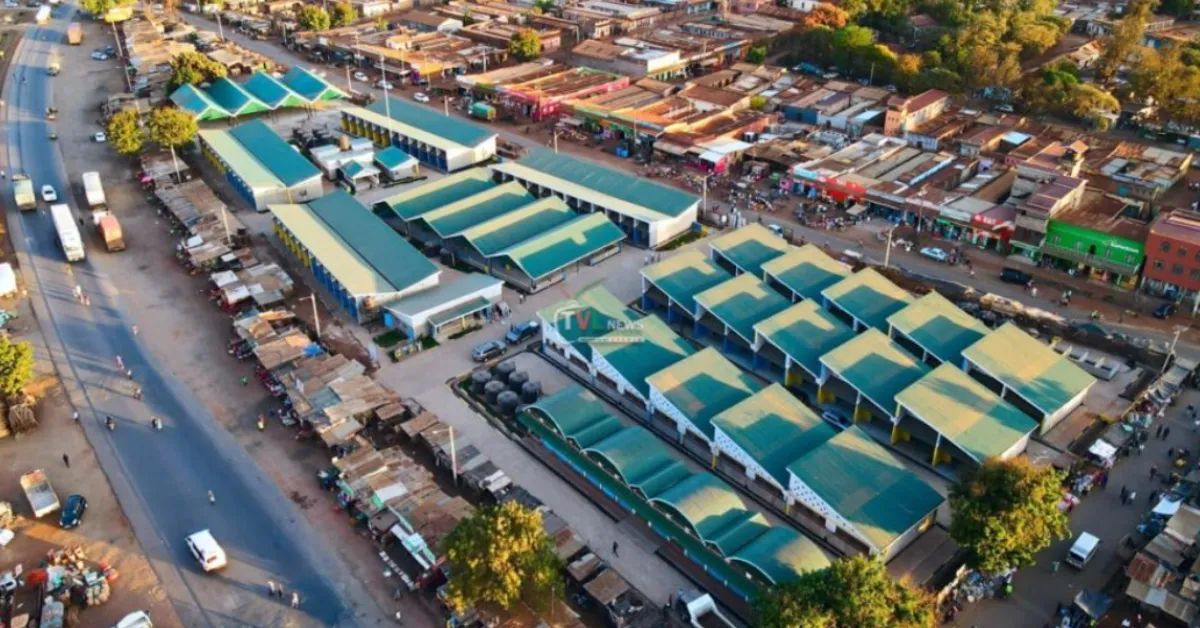
Makueni County, Kenya, is currently facing a critical healthcare crisis due to a funding freeze mandated by the administration of US President Donald Trump.
This halt has put ten hospitals at risk of closure, with 269 healthcare workers facing potential job losses. At a press conference in Wote, Governor Mutula Kilonzo Jr. expressed his concerns about the repercussions of the funding pause, particularly regarding the fight against HIV/AIDS. He warns that by the end of February, the workforce dedicated to addressing pressing health challenges such as Tuberculosis, Malaria, and HIV-related issues may be dismantled.
"This situation risks reversing significant progress and could lead to a resurgence of stigma surrounding HIV patients. Many individuals depend on life-saving medication, and this has escalated to a national crisis requiring immediate intervention," Kilonzo stated.
Reports from The Standard highlight that several healthcare professionals involved in HIV testing, counselling, and treatment have already lost their positions. Among them is Florence Muoti, a former staff member at Makueni Referral Hospital’s TB and HIV/AIDS comprehensive care clinic, who lamented the loss of her role as a trustee. Similarly affected is Jedida Mutiso, an experienced nurse at Kikoko Mission Hospital, who has been placed on a three-month unpaid leave amid growing uncertainties about her future.
She notes that numerous colleagues employed by non-governmental organizations funded by the US government have been laid off following President Trump's January 20 executive order, which instituted a 90-day pause on the US foreign aid disbursement. The funding cut has had a detrimental effect on various HIV clinics located along the Mombasa-Nairobi highway, prompting Governor Kilonzo to predict dire consequences for millions of Kenyans living with HIV. Many of these individuals rely on the US President’s Emergency Plan for AIDS Relief (PEPFAR) for their antiretroviral treatments.
“Recent statistics indicate a rise in new HIV infections in Makueni, particularly among the 24 to 35 age group. It is imperative that the Kenyan government engages in negotiations with the U.S. government to resume this critical aid,” he urged.
Amid these challenges, a high-level delegation from organizations including the Global Fund, the National AIDS & STI Control Program (NASCOP), the National Treasury, Amref, and the Kenya Red Cross is currently conducting a week-long evaluation in Makueni to assess the progress made in combating HIV, TB, and malaria. Dr. Andrew Mulwa, head of NASCOP, reassures the public that there are sufficient health products and technologies available to sustain the country for the next 15 months.
The ramifications of the funding freeze are profound, with the potential to reverse years of advancements in the care and treatment of HIV/AIDS within Makueni County.


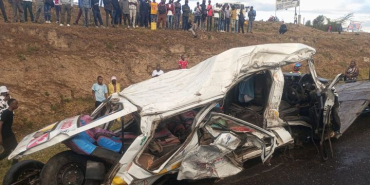
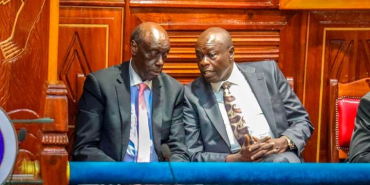
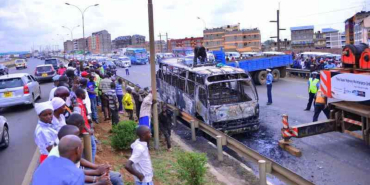

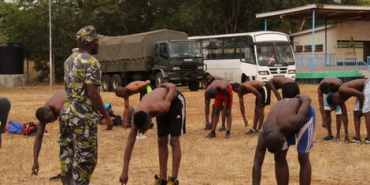
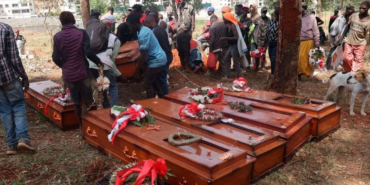






Comments
No wonder Makueni County has…
Permalink
No wonder Makueni County has been Having the Highest LIFE Expectancy in KENYA.🤯
Add new comment